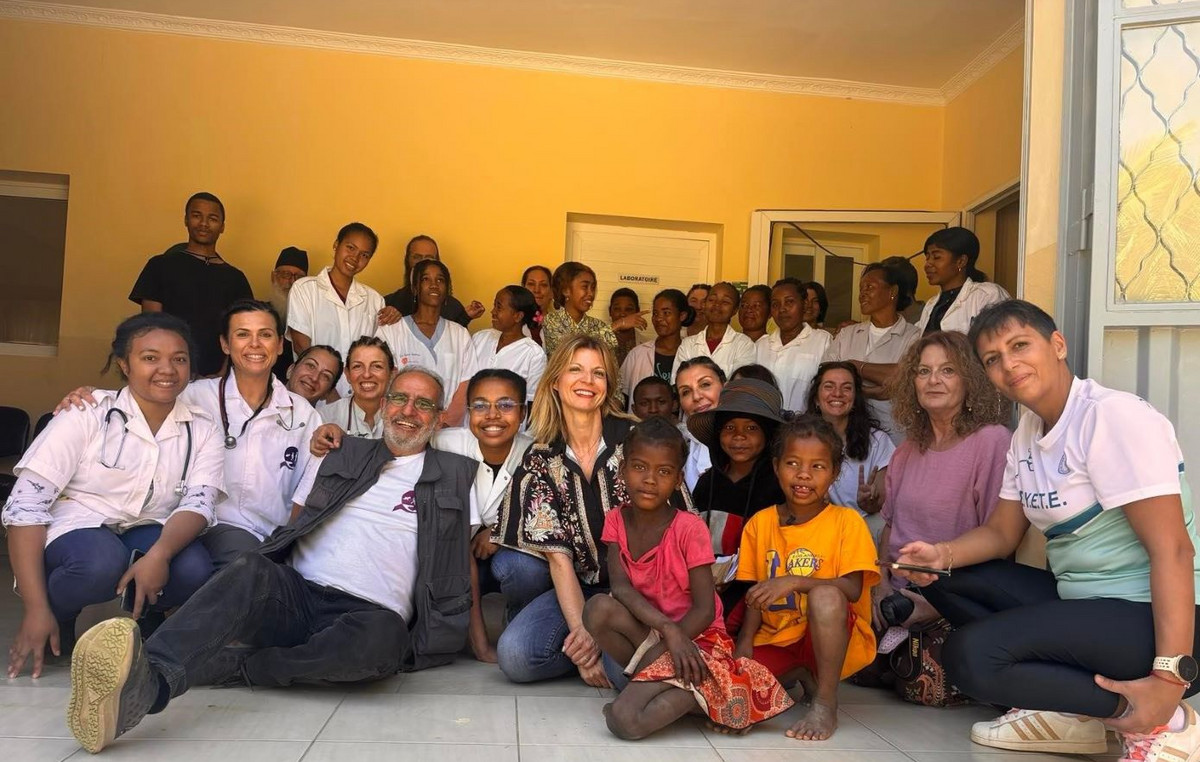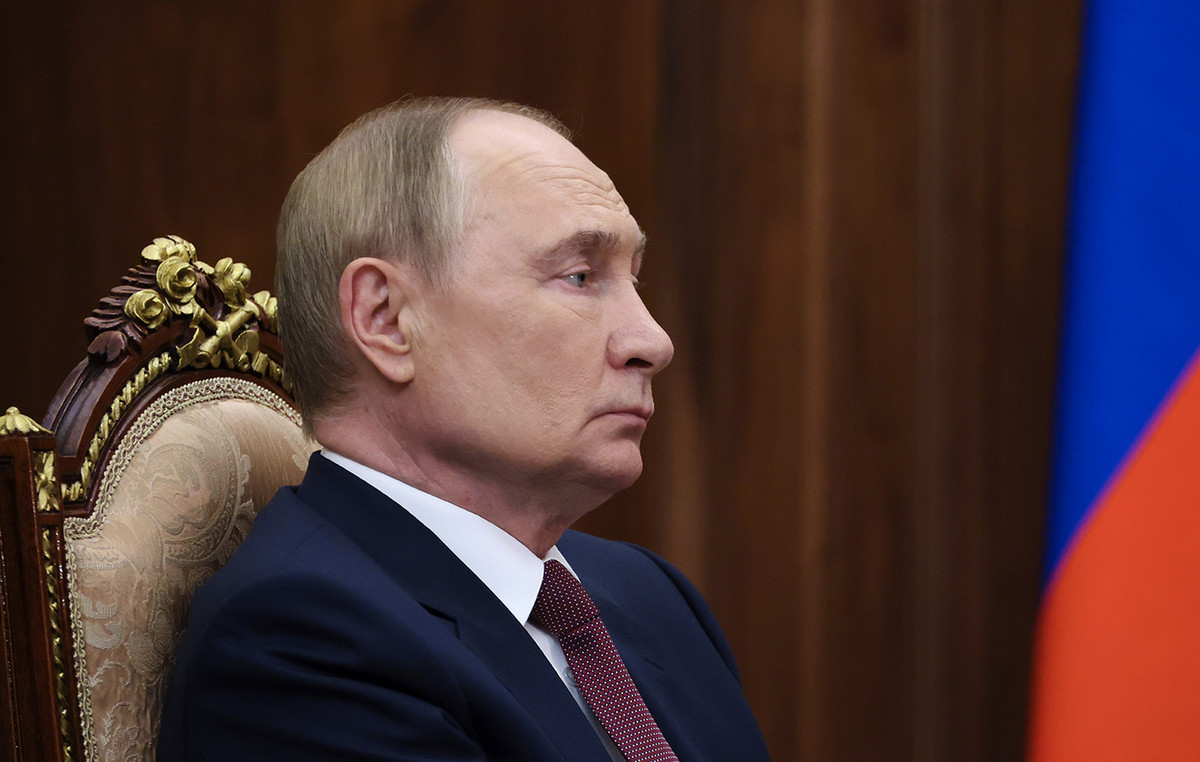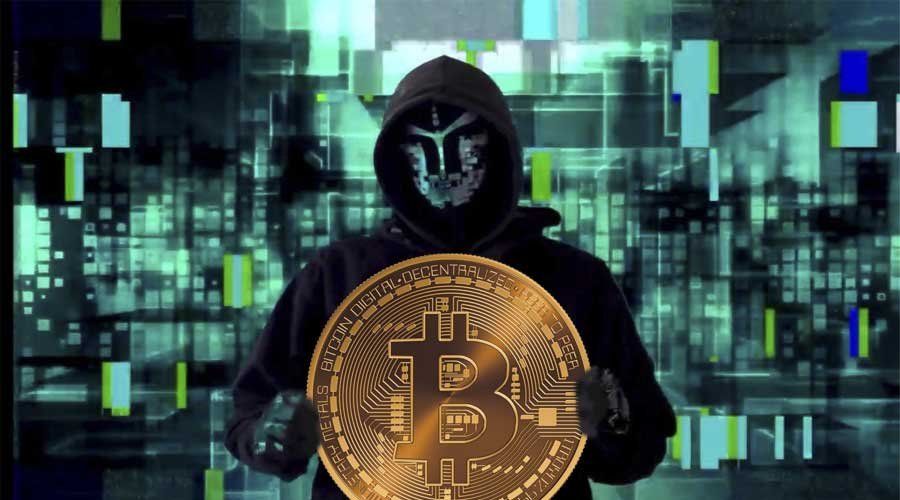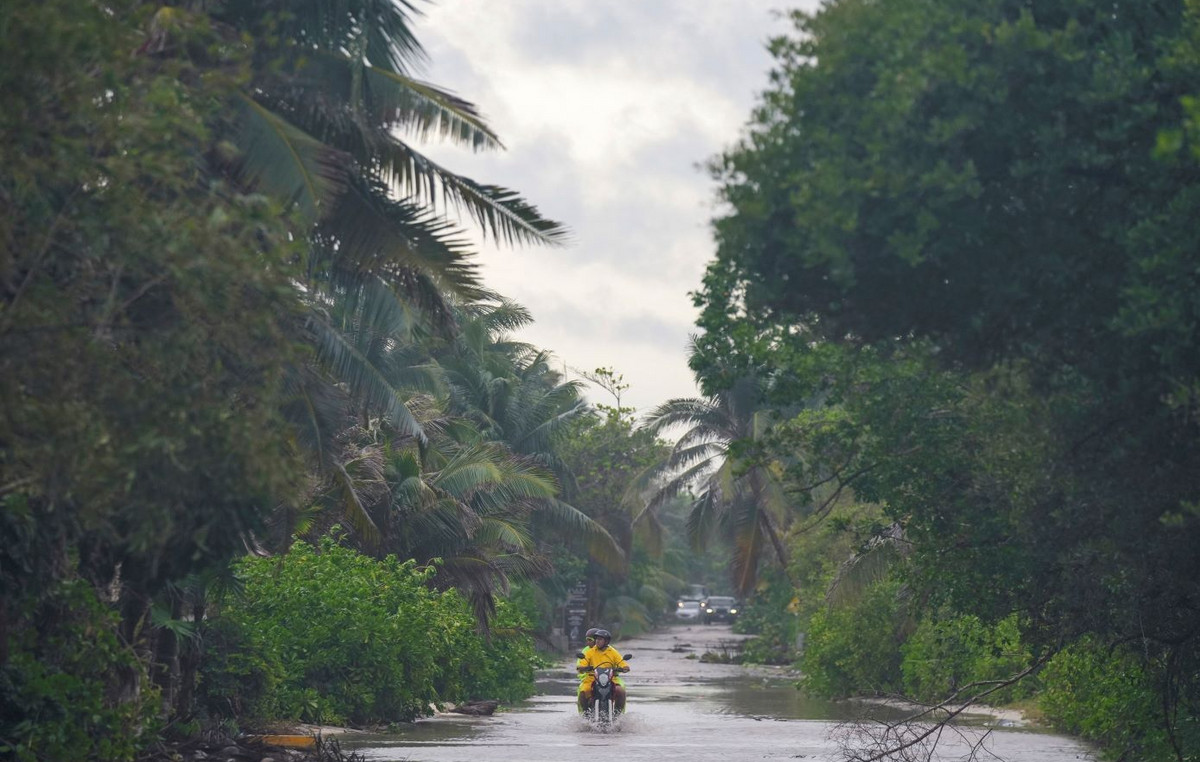In this Monday’s (29) edition of the Medical Correspondent chart, on the New Day, neurosurgeon Fernando Gomes spoke about the Ômicron variant of the new coronavirus, which turned on the warning signal worldwide after an escalation of cases in southern Africa .
So far, the World Health Organization (WHO) has not confirmed whether the new strain is more transmissible than others or can cause more severe forms of the disease, even with an increasing rate of hospitalization in South Africa. This is the fifth variant considered “worrying” by the agency.
According to Fernando Gomes, there is still not enough data to assess the risks of Ômicron. “There is a concern based on the scientific knowledge that exists until now. What we do know is that there are many changes, this draws attention, and in a very strategic point of the coronavirus, which, in the final analysis, may even make it weaker, but our concern is that it is the opposite”, he explained.
For the neurosurgeon, the mutation is “rational” from the point of view of the existence of the virus, which seeks to be less lethal in living organisms to survive for longer, but still requires attention.
“Of course we are talking about mutation, it is a lot of different information, it is a lot of change and our expectation is that it will be like the others and that we can maintain control. If not, science will find a way to make adjustments. Until then, you can’t be too careful.”
The doctor also defined the mutations and pointed to the difference between Ômicron in relation to other variants. “What specifically draws attention to this variant is the number of mutations and deletions related to the protein S (Spike), the connection point with the cells of the human body and their entrance.”
Gomes compared protein S with a master key, responsible for the virus’s access to cells.
“It’s like having a key and a lock. The lock doesn’t change because it’s people’s bodies, genetically defined. The key is the S protein. If I change this key and it uses another structure, it may or may not be more efficient to enter the cell”, he added.
Reference: CNN Brasil







